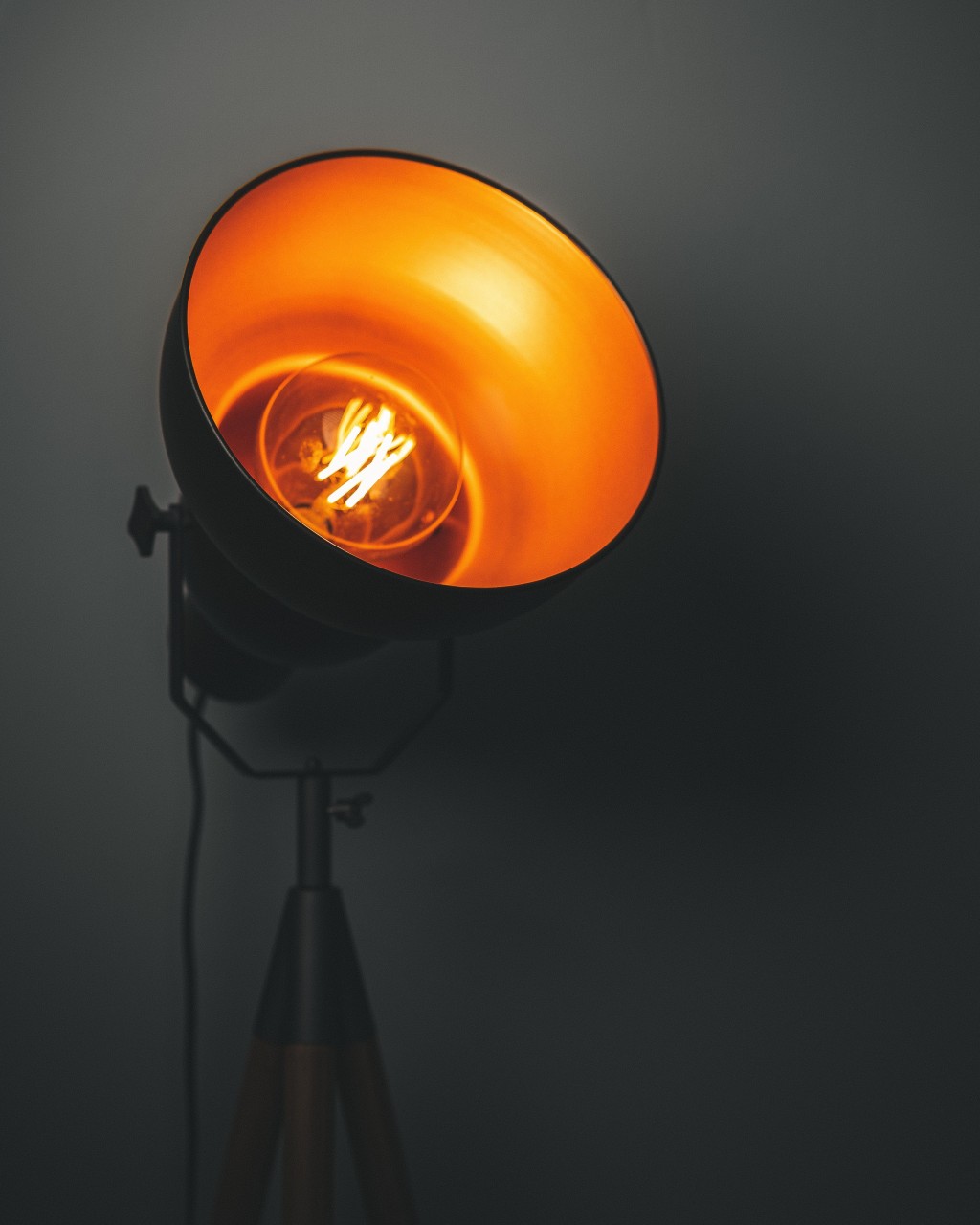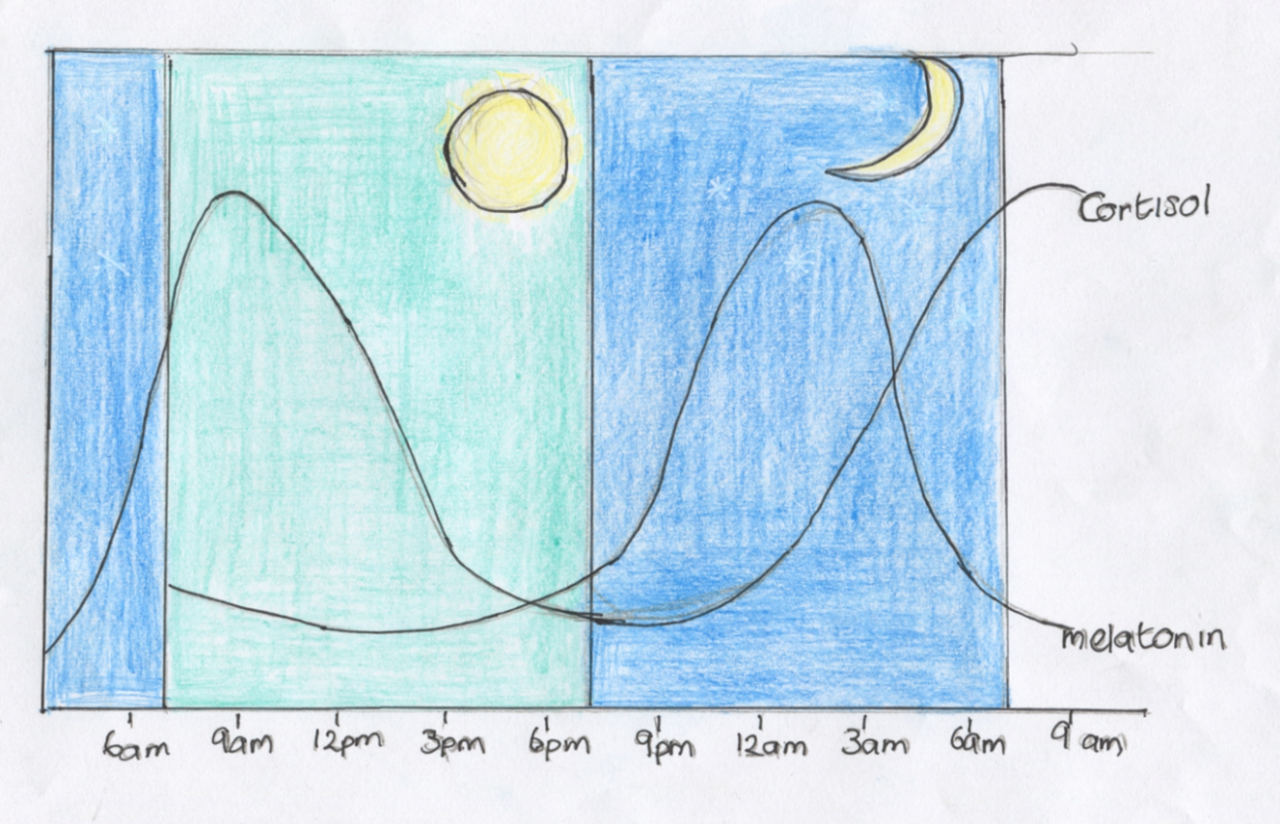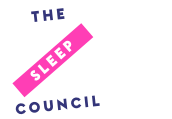In the last 100 years, our modern way of living means we sleep less. Mathew Walker in his book "why we sleep", explains how it affects our wellbeing and the dangers lurking in your bedroom. (Photo by Gregory Pappas on Unsplash)
Quality sleep enhances our ability to learn, memorise work routines and make logical business decisions. Biologically sleep refreshes our neural circuitry. Dreaming can wash out more painful memories fusing coherently together our past with present memories. Sleep restocks your immune system, fine tunes circulating glucose and regulates out appetite urges helping us to control our body weight and resisting that "spur of the moment" snacking.
We've all experienced the increased irritability that comes with a poor night's sleep, so it's perhaps unsurprising that sleep plays an important role in your mental wellbeing. Sealy UK's research found that one in four people reported improved symptoms of depression and anxiety after a good night's sleep. This is because insufficient sleep can cause our body to produce increased levels of the stress hormone, cortisol, and also make it harder to rationalise worries or irrational thoughts, which can exacerbate existing mental health conditions. (Photo by Sharon McCutcheon on Unsplash.)
Darian Leader in his book Why can't I sleep, historically we did not always sleep in one single consolidated block, but slept from 9 or 10 pm to midnight, then rise for an hour or two called "watching" (do some home chores) before returning to bed to sleep until morning. This "double sleep" shifted over time to "single sleep".
So what stops you from sleeping ?
Modern lighting – more than a third of our brains specialise in processing vision. We are visual mortals. Look around you, how much are you exposed to natural light at work or at home ? With the covid 19 pandemic, maybe we are exposed to even more artificial light sources. The switch from natural sunshine to artificial light exposure has transformed our lives but what are the risks of being exposed to new different forms of light ? (Photo by Mason Summers on Unsplash)
Loss of daylight light dimming in the evenings triggers a surge of melatonin in your brain which prepares our bodies for sleep. Electric light shining brightly in our homes, jams on the brakes on this process by at least 2-3 hours. So you finally lie down in your bed, it is then more difficult to get to sleep. Even worse are blue lights from your media devices which has twice the harm affect.
Do you take your smartphone to bed ? Reading your I-pad in bed significantly delays the rise of melatonin resulting in a "digital hangover" the next day.
Alcohol – Most of us believe alcohol helps us fall asleep when we go to bed. Alcohol in small doses livens us up and you feel more sociable. The front part of your brain (prefrontal cortex) is where you control any impulsive thoughts, alcohol stops this control making it much more likely to experience worry thoughts. Overwhelming anxiety fuels and speeds up such negative thoughts delaying drowsiness and sleep.
Heavy doses of alcohol fragment your sleep pattern. Your bed experience is now not a night long peaceful sleep but littered with many brief rude awakenings. Alcohol releases aldehydes that block your brain's ability to generate REM sleep. Poor REM sleep interferes with your night brain reprocessing today's work memories, better helping you learn and be more creative at work.
Room temperature - As you snuggle up in bed tonight, what is your room temperature ?
Goldilocks ambient room temperature is important. Bedding and nightclothes influence your body temperature when sleeping. To successfully fall asleep, your core body temperature needs to decrease by 2-3 degrees. This then triggers a surge of melatonin helping you go to sleep. Before going to bed, we brush our teeth and wash. Splashes of water particularly on our feet, hands and face, dumps heat and cools our body. (Photo by Ivan Lapyrin on Unsplash)
Temperature inside our home does not reflect the natural day night heat cycles, they are controlled not by the global weather system but the artificially controlled heating systems. A bedroom temperature of 18.5 degrees is ideal for sleep, So bear this in mind when you decide what nightclothes and bedding you use.
Most people set their bedroom temperature too high. What about you ?
Alarms – To be sure of getting to work on time, your alarm clock is your helpful friend. But is it when it comes to good sleep ?Imagine a friend using a loud blaring foghorn to wake you up. You would wake startled and frightened. Your alarm clock from a sleep perspective does the same, tearing you away from natural sleep with a consequent spike in blood pressure and heart beat. When you hear that alarm, do you hit the snooze button, to give yourself a little precious more time in bed ? Every time the alarm sounds you are repeating this normal shock response.
According to the Sleep Foundation, we do have a natural body clock.
During the day, light exposure causes our master clock to send signals that generate alertness and help keep us awake and active. As night falls, the master clock initiates the production of melatonin, a hormone that promotes sleep, and then keeps transmitting signals that help us stay asleep through the night. In this way, our circadian rhythm aligns our sleep and wakefulness with day and night to create a stable cycle of restorative rest that enables increased daytime activity.
When circadian rhythm is thrown off, it means that the body's systems don't function optimally. A disturbed sleep-wake circadian rhythm can give rise to serious sleeping problems.
Professor Jason Ellis in his book "The one-week insomnia Cure", gives some useful sleep hygiene tips.
- Keep your bedroom cool dark and quiet.
- Have the right bedding and mattress.
But what are the correct mattresses, duvets and pillows ? The answer is whatever works for you.
Go to a specialist mattress retailer and explore the right product for you. Remember to evaluate the mattress on your sides as well as your back as we tend to shift position quite a bit during the night. If you share a mattress with another, remember both your mattress needs should be met !
When is the last time you bought a mattress ? What made you choose ?
The right support is crucial. If your bed is too hard or soft, it will be uncomfortable and unsupportive. Your mattress should be firm enough to support your spine in the correct alignment while conforming to your body's contours.
Lay down on each bed that you're seriously considering, spending a good 10-15 minutes realising its comfort and support levels. Try several different positions (we all move 40-60 times per night),
Avoid waiting until your bed has 'worn out' completely. Research shows that sleeping on an uncomfortable mattress can rob you of up to one hour's sleep per night. You should consider changing your bed after seven years.
Buying a new mattress can be confusing try the Best Mattresses Guide which aims to clear the fog with jargon-free advice.

How To Choose A Mattress (updated 2021) - The Best Mattresses Guide
- Heavy people need firmer mattresses than light people, as they sink into the mattress more.
- People who sleep on their sides need a softer mattress than front or back sleepers. This is because a very firm mattress will put too much pressure on your hips and shoulders if you sleep on your side.
The idea is to combine these two factors to decide how firm a mattress you need. For example, a very light person who sleeps on their side will probably want a soft mattress whilst a very heavy person who sleeps on their back will want a firm mattress.
Sealy is a big name in the UK mattress market and are somewhere around the middle in terms of price and specifications Cheaper Sealy mattresses mostly use something called a 'PostureTech Core Support spring system' which is similar to an 'open coil' mattress. Most of the more expensive Sealy mattresses use pocket springs instead.
Choosing a mattress is not just about its softness and size then ?
Your body temperature in bed will however also be influenced by the heating and ventilation in your bedroom, the weight of your bedding and the amount of bed clothes that you wear.
Double layer duvets have the advantage of adapting to winter and summer seasons. Natural and synthetic fibres have their pros and cons.
Duvet stealing – are you guilty ?
If you share a bed, it is worth thinking about investing in two duvets and getting each one a size larger than the space it occupies.Are you at night, tempted to steal as much duvet to your side of the bed ? Leaving your loved one out in the cold ? A larger size duvet helps cover you and keeps the other person warm !
How long have you slept on your pillows ?
Just like mattresses, men tend to keep their pillows, for a long time. Test your pillow, hold it out in front of you length ways, if the pillow bends in half, it is time to replace.







